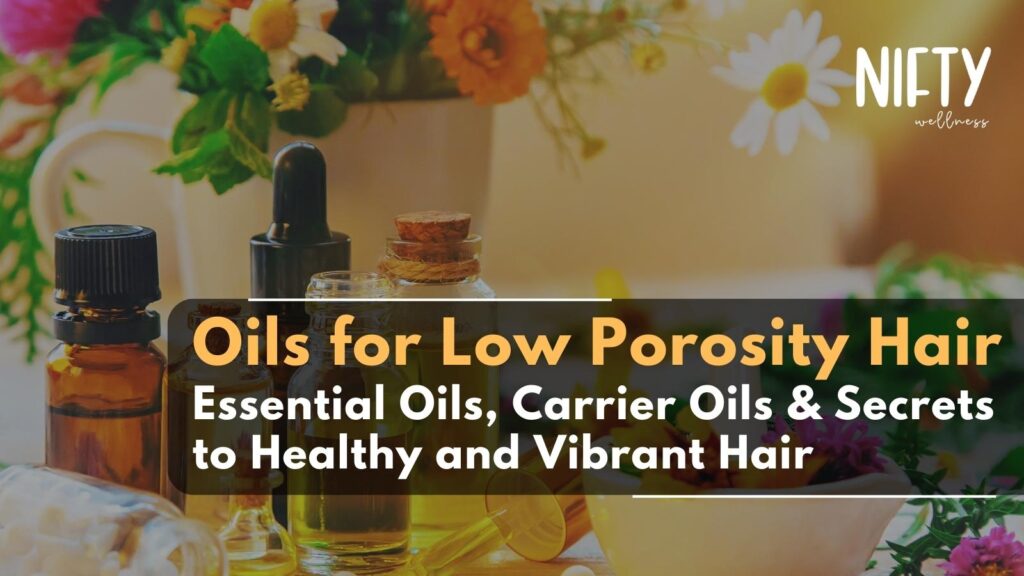Have you ever spent an eternity trying to soak your hair or waiting ages for it to dry? If you’re nodding in agreement, let us tell you that these are all low porosity hair characteristics, so chances are you’re dealing with low-porosity hair!
Wondering how to make your low-porosity hair shine and thrive? Want to know how to treat low porosity hair? Learn all about low porosity hair, essential oils for low porosity hair, best carrier oil for low porosity hair, and more through this comprehensive guide.
Low porosity hair, with its tightly sealed cuticles, can be tricky when it comes to moisture. Don’t worry, we’ve got you taken care of! Discover the secrets to healthy and vibrant low porosity hair and know the secrets of oils that can help you ace your hair game!
Understanding Low Porosity Hair
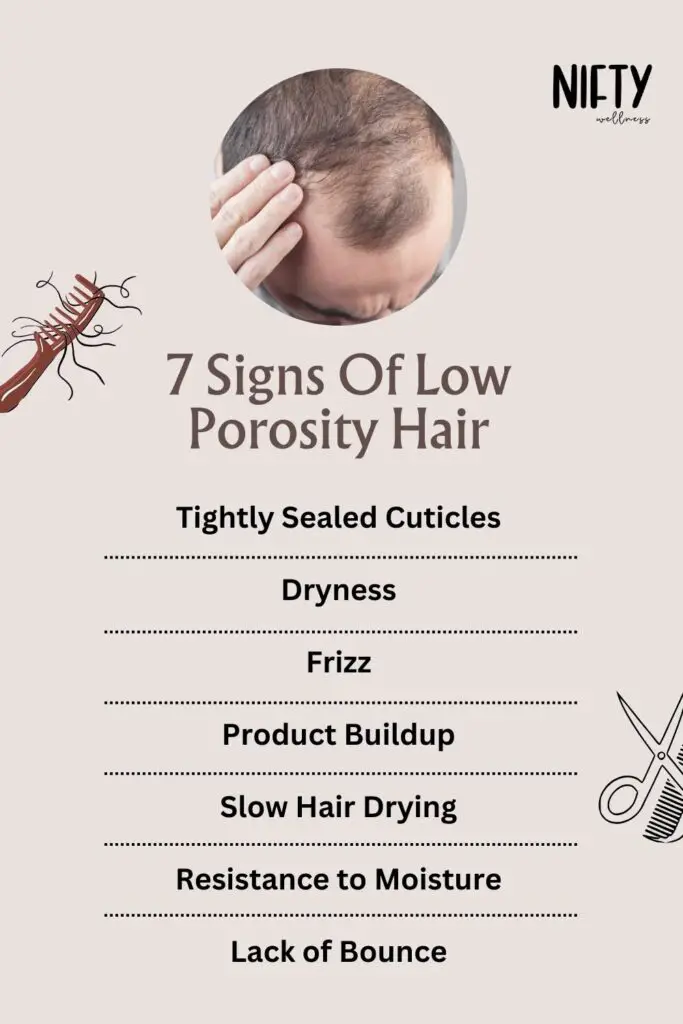
Starting with the basics, let us first understand what is low porosity hair. Well, it’s like having a fortress of cuticles that are tightly packed, making it a bit tricky for moisture to penetrate. This often leads to dryness, frizz, and a lack of that much-desired bounce. But hey, knowing is half the battle, right?
The Best Oils for Low Porosity Hair
Honestly, this is where the magic truly begins. Choosing the suitable oils for your low porosity hair can be a game-changer. They seep in to provide much-needed moisture and keep it locked in, leaving your hair looking fabulous. Consider them to be your hair’s closest companions. Here is a glimpse of some of the haircare superheroes:
Coconut Oil
Used by people across the globe, Coconut oil is one of the most trusted oils for haircare. But the question remains: Is coconut oil good for low porosity hair? Coconut Oil quickly penetrates the hair shaft, working well even in low porosity hair. It gives the hair moisture and essential nutrients that it deserves. This makes the hair soft, shiny and manageable. Another remarkable thing about Coconut oil is that it prevents protein loss. With this, it helps in maintaining and improving hair strength.
Castor Oil
If you are wondering, “Is castor oil good for low porosity hair?” Here’s the explanation: Castor oil’s dense and sumptuous texture is perfect for efficiently locking in moisture for your hair. Castor Oil has a high ricinoleic acid level, effectively promoting hair growth and thickness. Castor oil helps minimize dandruff and itching, especially for people with sensitive scalps.
Olive Oil
Olive oil contains healthy fats and antioxidants for hair hydration and nourishment. But the question remains: Is olive oil good for low porosity hair? It is effective in enhancing hair elasticity and prevents hair breakage. Perfect for low porosity hair, Olive oil is also known to add shine and smoothness to your locks.
Argan Oil
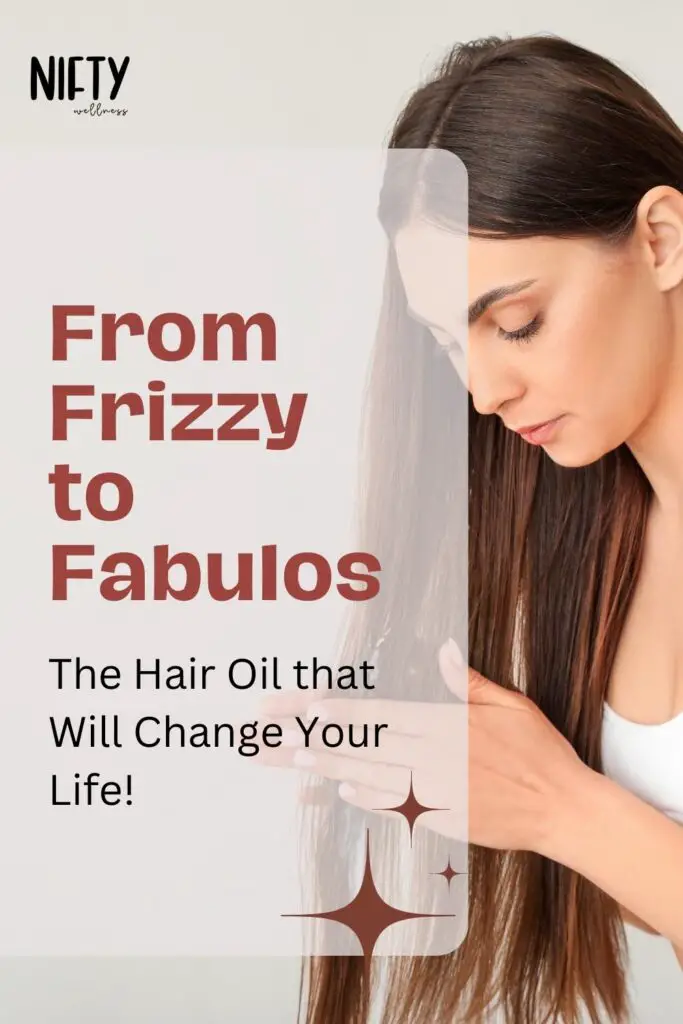
Touted to be “liquid gold,” Argan oil is known for its rich nutrients and ability to tame frizz and flyaways. It’s lightweight and doesn’t weigh down low porosity hair. Offering deep hydration, Argan oil for low porosity hair is perfect as it makes hair softer and more manageable.
Almond Oil
Almond oil is a gentle alternative for people with sensitive scalps and low porosity hair. Due to its high fatty acids and vitamin content, Almond oil is known to promote hair strength and shine. Apart from this, almond oil for low porosity hair reduces scalp inflammation and prevents dandruff.
Even though each oil mentioned above is known to work wonders, it is crucial to choose the one based on your own needs. Trying different oils can help you crack the solution to treat your low porosity hair care routine.
Check out our blog Essential Oils For Fleas: An Effective & Natural Solution For Your Pet. Say goodbye to fleas with these essential oil wonders and make your pets happy.
Exploring Essential Oils for Low Porosity Hair and Their Benefits
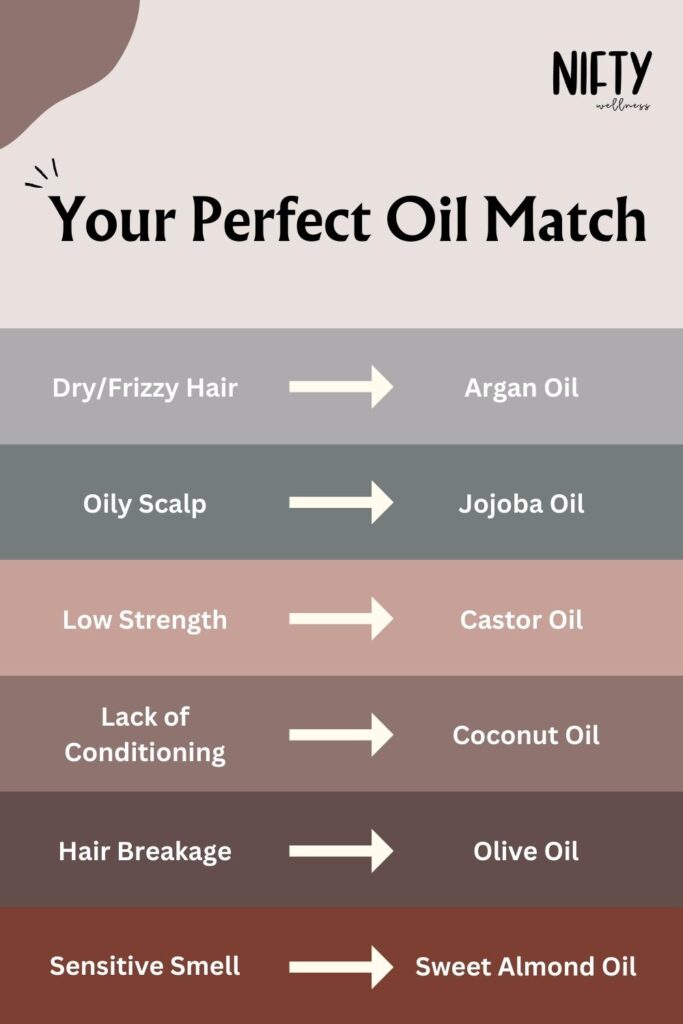
If you think that was all, well, there’s more! Essential oils like baobab oil, known for its deep moisturization, camellia oil, which promotes shine and strength, and sweet almond oil, a natural emollient, are here to take your hair journey to the next level.
While some help combat dryness and breakage, others add a glossy sheen and act as a protective barrier. It’s like a spa day for your hair and head! Want to know which essential oil to try? Check the list below!
Baobab Oil
Known for its high absorption rate, baobab oil deeply moisturizes and softens low porosity hair. When it comes to improving hair elasticity and minimizing hair breakage, Baobab oil works wonders!
Camellia Oil
Rich in vitamins and antioxidants, camellia oil adds shine and smoothness to low porosity hair. If you want to improve overall hair health and repair hair damage, Camellia oil can help!
Sweet Almond Oil
Sweet almond oil is an excellent emollient. Great for low porosity hair, sweet almond oil offers a protective layer that locks in hair moisture. Rich in vitamins, Sweet Almond Oil is good for improving hair strength.
Rosemary Oil
Rosemary oil promotes hair growth for low porosity hair by improving the blood circulation. Due to this characteristic, rosemary oil not only helps in strengthening the hair but also prevents dandruff.
Read our blog The Ultimate Guide To Oils For After Shaving: Achieve a Smooth and Nourished Skin and let’s embark on this journey of self-care and grooming excellence together.
Deep-Dive into Carrier Oils for Low Porosity Hair
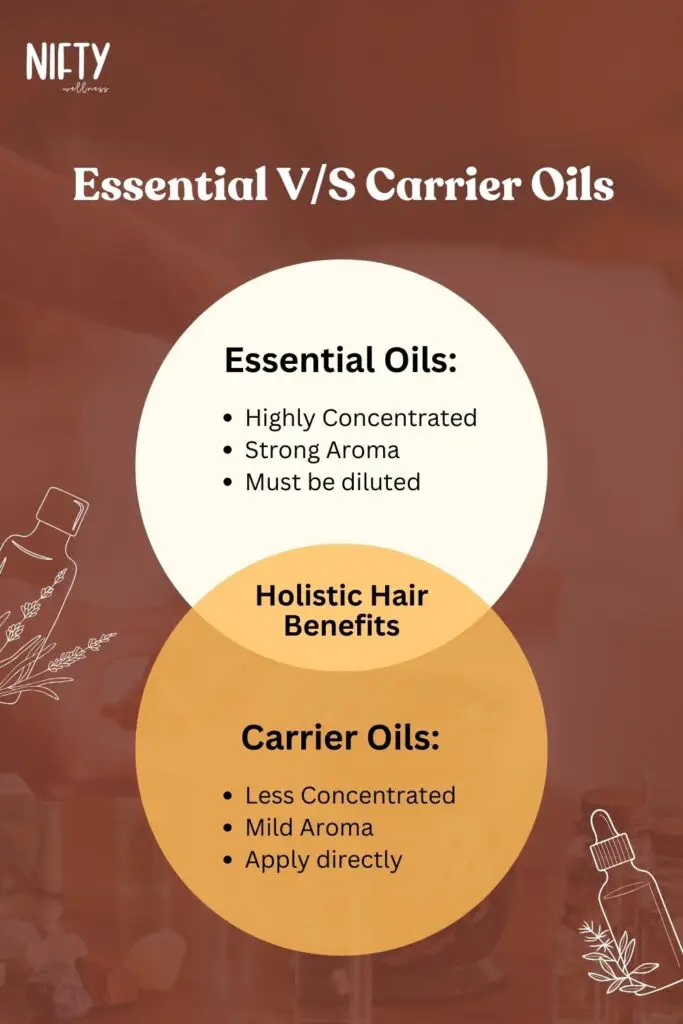
Now that you know about basic and essential oils, let’s get down to carrier oils. These unsung heroes are like trusty sidekicks, enhancing the effectiveness of essential oils. Mixing carrier oils with essential oils as per your need will help you beat all your hair troubles. A few examples of carrier oils:
Jojoba Oil
Did you know? Jojoba oil is like the natural oil produced by our scalp, which means jojoba oil for low porosity hair is perfect. Jojoba oil is an excellent moisturizer that balances the scalp’s oil production, preventing dryness and excessive oiliness. Moreover, Jojoba oil can also strengthen hair and minimize hair loss.
Grapeseed Oil
A lightweight oil, grapeseed oil quickly absorbs into low porosity hair. For those who wish to restore hair’s natural shine and vibrancy, Grapeseed oil for low porosity hair should be your choice. Full of vitamin E, Grapeseed oil promotes hair growth and makes for a healthy scalp.
Avocado Oil
Avocado oil for low porosity hair contains vitamins and minerals which are known to nourish and repair damaged hair. For those who are dealing with issues like hair dryness and brittleness, Avocado oil is a must-try! Apart from helping with dryness, it can also help improve hair texture and manageability.
Cautions and Tips for Using Oils
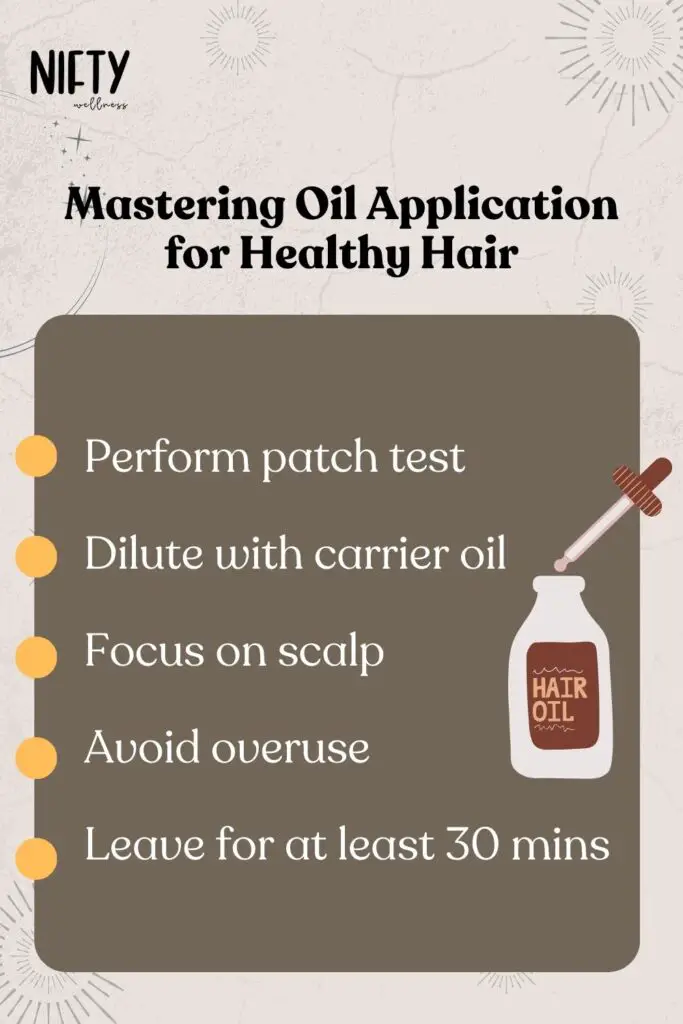
Using oil for low porosity hair can be highly beneficial, but it’s essential to exercise caution and follow some tips to make the most of these natural remedies:
Patch Test
Before applying new oil to your hair or scalp, perform a patch test to check for allergic reactions or sensitivities.
Dilution
Essential oils should always be diluted using a carrier oil. This will help in avoiding skin irritation. A typical dilution is a few drops of essential oil per tablespoon of carrier oil.
Proper Application
Massage the oil evenly and apply it to your hair and scalp. Massage it gently to ensure even distribution and to stimulate circulation.
Scalp Focus
Pay special attention to your scalp while applying oils. According to hair experts, massaging oil into the scalp improves blood flow, producing healthy hair growth.
Cover Your Hair
After application, cover your hair with a warm towel or shower cap. This locks in heat and moisture, eventually improving the oil’s effectiveness.
Time and Duration
Leave the oil treatment on your hair for at least 30 minutes or overnight for deep conditioning. Rinse thoroughly afterward.
Avoid Overuse
While oils can be beneficial, excessive use can lead to greasy hair. Use them in moderation, typically once a week or as needed.
Choose the Right Oil
Select oils based on your hair type and needs. For instance, if you have dry hair, opt for deeply moisturizing oils like argan or jojoba.
Avoid Heavy Oils
If you have fine or thin low porosity hair, steer clear of heavy oils like castor oil, which can weigh down your hair.
Consistency
Like everything else, achieving the full benefits of oils requires using them consistently and regularly. For best results, it is advised to use it regularly as instructed.
Consult a Professional
If you need help deciding which oil to choose for your hair problem, please consult a hair professional or a dermatologist. Seek personalized advice for your problem for a customized solution.
Remember that everyone’s hair is unique, so what works well for one person may differ for another. It may take some experimentation to find the perfect oil or oil blend that suits your low porosity hair best.
Before you start your hair oil ritual, here are a few words of wisdom: Less is often more, so don’t drown your hair in oils. A little truly goes a long way. Try pre-poo treatments or use oils as sealants to lock in moisture. And keep in mind that heavy oils can weigh down your hair, so choose wisely!
The Final Say!
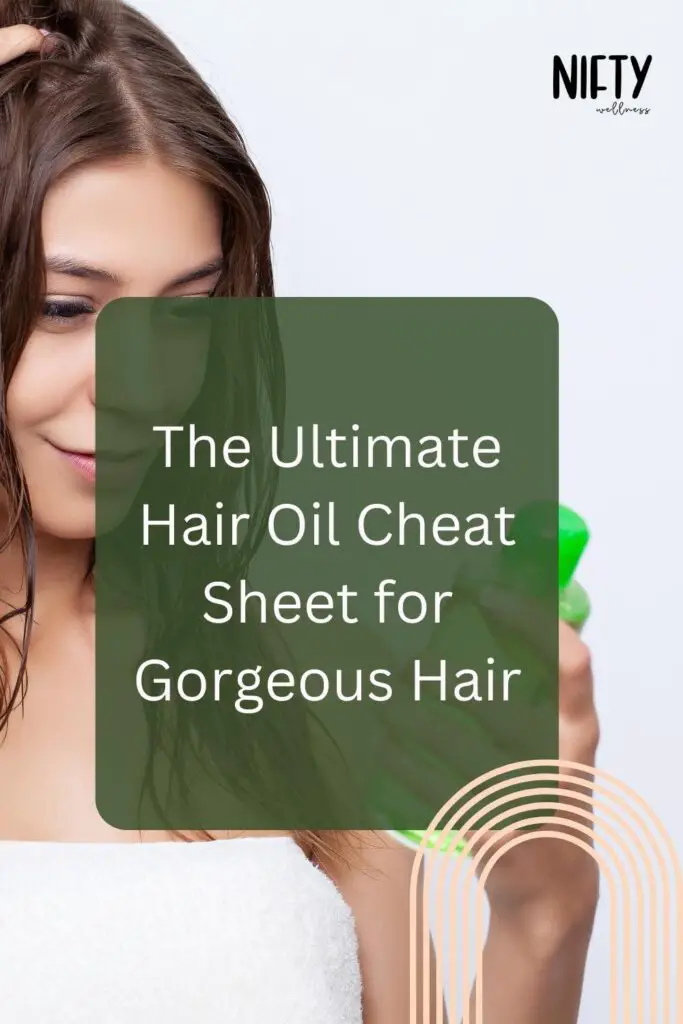
There you have it, the secrets to rocking healthy and vibrant low porosity hair. Spot the signs of low porosity hair, choose a lightweight oil for low porosity hair, experiment, and find what works best for you.
So, go ahead, pamper your hair, and let it shine like the star it is. Say goodbye to dryness and hello to fabulous locks!
Frequently Asked Questions (FAQs)
Can I use any oil for low porosity hair?
When it comes to low porosity hair, you can’t just use any oil. Oils like argan, jojoba, and sweet almond oil, are suitable for low porosity hair because they’re light. This is why they don’t feel heavy or greasy when you apply them to your hair and won’t make it feel heavy or greasy. But you should avoid heavy oils because they make your hair look oily.
Can oils replace my regular conditioner?
Using oils alone may not completely replace your regular conditioner, especially if you have low porosity hair. While oils can provide moisture and nourishment, conditioners also have ingredients that help with detangling, smoothing, and sealing hair cuticles. It’s usually best to use a conditioner and apply a small amount of oil if needed for extra hydration and shine. This combination can give your hair the best of both worlds – conditioning and moisture.
Can men with short hair benefit from oils too?
Certainly! Yes, guys with short hair can also make good use of oils. They can keep your scalp healthy, prevent it from getting too dry, and add shine to your hair. Just use a small bit and massage it into your scalp and hair. Oils can be a great way to make your hair look and feel better, no matter how long or short!
Can I use multiple oils at once?
Absolutely! You can mix and match oils to create a personalized oil blend. Just remember to choose oils suitable for your hair type and needs. Mixing oils can provide various benefits and address different hair concerns simultaneously. Just use them in moderation and perform a patch test if you have sensitive skin to ensure compatibility.
Will using oils make my hair greasy?
Using oils in your hair doesn’t necessarily make it greasy if done correctly. It’s important to use the right type and amount of oil for your hair type and needs. For example, if you have low porosity hair, opt for lighter oils like argan or jojoba and apply them sparingly to avoid a greasy feel. Additionally, focus on applying oils to the ends of your hair rather than the scalp to prevent excess oil build-up.
